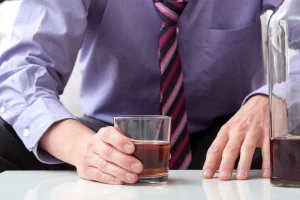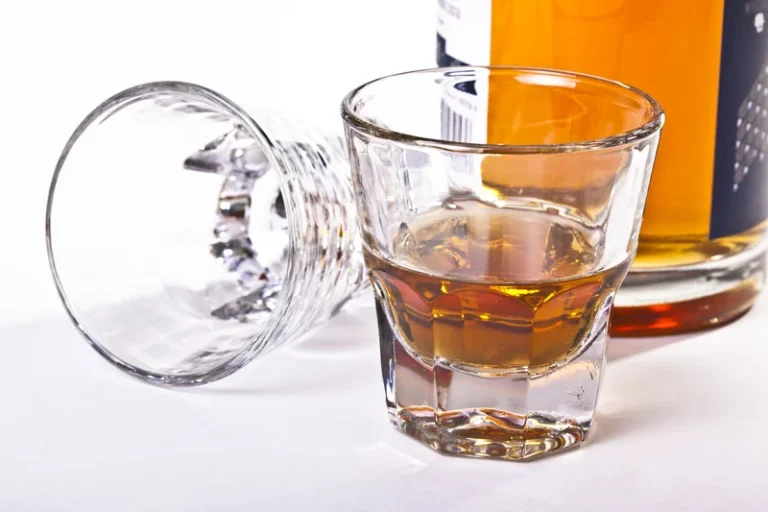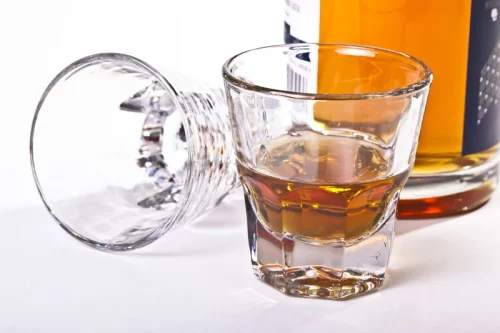
Similarly, Crum, Brown, Liang, and Eaton (2001) demonstrated that depressed female problem drinkers were twice as likely to become daily drinkers compared with nondepressed female problem drinkers. Depressed male problem drinkers were three times as likely to become daily drinkers compared with their cohort of nondepressed problem drinkers (Crum et al., 2001). The question that will be answered in this blog is, “Does alcohol cause depression? ” Research has shown and indicated that there does seem to be a two-way relationship occurring between depression and alcohol addiction. Both depressive disorders and alcohol use disorder (AUD) can exist together. Avoiding self-medication with substances like alcohol is critical, as this can worsen depression and https://ecosoberhouse.com/ lead to additional health problems.
- Some experts also suggest that both depression and alcohol use disorders share underlying pathophysiology in that they are both neuroinflammatory conditions.
- Alcohol may be a form of self-medication for people with depression.
- Alcohol abusers are also more likely to engage in reckless behavior and impulsive acts.
What You Can Do to Manage Alcohol and Depression
- Indeed, heavy drinking can become a vicious cycle as you drink more to try to drown any negative feelings and chase another boost of dopamine — only to experience the lowest of lows again and again.
- People who have progressed in their drinking will often begin drinking at home instead of taking part in social and other activities they used to enjoy.
- Have you ever experienced a night of poor sleep where you were tossing and turning, experiencing bizarre dreams, and woke up with your heart racing?
- The “burst” of energy from alcohol can be a welcome relief against some symptoms.
Many people do use other substances to cope with depression, the experts I’ve spoken to all note. “But the thing with alcohol is, it is legal in much of the world. Plus, Boden adds, most people in booze-consuming countries are familiar from their youth with its effects, more intimately than they might be with those of a more controlled substance, and see it as safe and acceptable. None of this fully explains why so many folks dealing with depression reach for alcohol, though.

Symptoms of Depression
It’s hard to tell which condition most often comes first, but it’s clear that the conditions are intertwined, says Aaron Weiner, PhD, a psychologist and past president of the Society of Addiction Psychology. If you are concerned that you or someone you care about has a problem with alcohol there is a lot of help available. Here you can find useful links and phone numbers to get the support you need. Remember to tell them about how much you drink or, if you’ve stopped, how long you’ve been alcohol-free. Your GP may recommend a talking therapy such as counselling or CBT (Cognitive Behavioural Therapy), or a does alcohol make depression worse self-help group. Naltrexone, Acamprosate, and disulfiram are also FDA-approved medications that can help curb alcohol cravings.
Healing from Enmeshment Trauma and Unhealthy Family Dynamics

Sometimes people drink alcohol to help with the symptoms of stress, anxiety, and depression. Alcohol changes the way your brain cells signal to each other, which can make you feel relaxed. Conversely, the three types of studies highlighted in this section indicate that if an association between alcoholism and anxiety/depressive disorders does exist, it is likely to operate in a relatively small subgroup of alcoholics. More research is required before an adequate answer can be produced. Only one notable study of COA’s has demonstrated a higher-than-expected risk for these major psychiatric disorders. However, as pointed out by Kushner (1996), larger studies of COA’s who have passed the age of risk for most disorders will need to be conducted before final conclusions can be drawn.
It impairs cognitive functions, leading to poor judgment, difficulty concentrating, and memory problems, all of which can worsen depressive symptoms. This disruption in brain chemistry is a primary reason why alcohol can worsen depression and contribute to a cycle of dependence and emotional dysregulation. Although drinking a small amount of alcohol might make you feel better at first, any positive effects quickly decrease as you continue to drink. The more you drink, the more prone you are to deepening depression and the more likely you are to develop an alcohol use disorder, the clinical name for alcoholism. Experts caution anyone struggling with depression or another mental health condition to avoid using alcohol. Dependency, Ramsey points out, can further draw one away from their support networks and coping mechanisms, worsening depression.

- If you don’t drink regularly, your system should return to normal after this.
- These interventions can provide the tools and support needed to address the underlying issues.
- These health issues can create a significant psychological burden, adding to the stress and anxiety that accompany depression.
Many people do not know this but alcohol is a central nervous system depressant. That’s a critical bit of information because alcohol blocks stress hormones (corticotropins). These are chemicals your body releases to cope with difficult situations. Research tells us that people who regularly drink experience reductions in folic acid; a member of the B-9 vitamin family. That’s important alcohol rehab to know because a lack of folic acid can cause your brain to age faster.
Why You Feel Depressed After Drinking and How to Handle It
Increased anger might lead a person to pick fights with loved ones, while extreme self-loathing and sadness could result in severe depression symptoms. If an individual’s depressive symptoms are caused by alcohol use, the symptoms might stop after reducing their intake significantly, or altogether stopping their alcohol use. Depression and alcohol addiction are often interlinked, which is why it’s important to learn more about what depression is and the effects of alcohol on depression. Lifestyle interventions play a crucial role in managing depression. Regular physical activity, a balanced diet, adequate sleep, and mindfulness practices like meditation can improve mood and overall well-being.